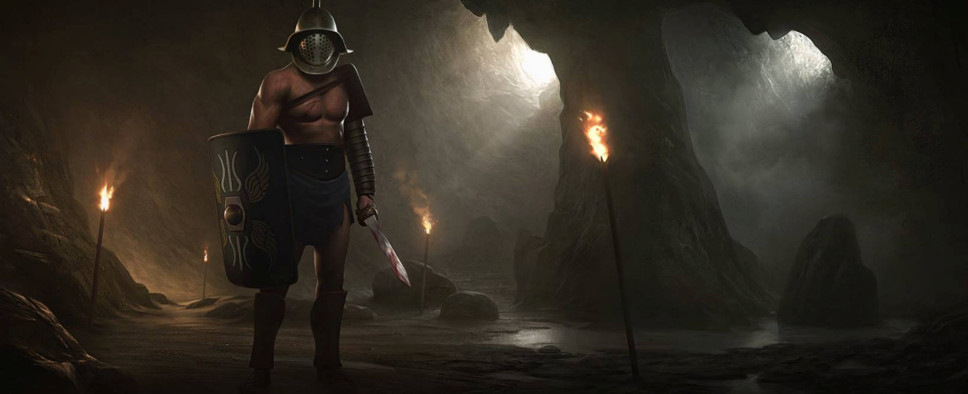Dungeon Rats Review
-
Category: ReviewsHits: 21710

Article Index
Page 2 of 3
As opposed to your main character, you don't get to customize your companions' starting stats and skills and instead have to deal with what you get. This creates a situation where not everyone is made equal and leads to neat little gameplay considerations. Do you waste the limited experience points on raising the crafting skills of a cranky old man who joins you with a few points in crafting already but sucks at everything else? Will your fighters be strong enough to deal with the next big fight if you spread the skill points around too much? These questions lie at the core of Dungeon Rats' party system and make it more interesting than it otherwise could have been. What's nice about the party mechanics is that whether you decide to go at it solo, with just one trusted companion, or with a rotating squad of four, the game doesn't necessarily become harder or easier. Each permutation of the party composition brings with it its own unique challenges. I've beaten the game twice on the default difficulty: in a party of two and a party of four. Some of the fights I've breezed through in a duo turned out to be rather tough for a quartet, and vice versa. This fact extends the announced game length of 10 hours significantly. While the encounters themselves remain static, your tactical options and the strategies you employ change considerably depending on who you recruit, making multiple playthroughs not feel stale or samey.
Gameplay
So, dungeon-crawling. Don't go into Dungeon Rats expecting exemplary level design, confusing labyrinths, and fighting for your life while searching for the correct tunnel that would lead you to your next moment of respite. Well, there's plenty of fighting, but it's conducted in a more linear fashion. Sure, there are some side areas and optional fights and when they are there, you better believe there's going to be a convenient way to backtrack there at a later time, but this doesn't really help with the game's lack of sense of exploration that, in my mind, is an essential part of a satisfying dungeon-crawling experience.
The general progression in Dungeon Rats can be condensed to something like: you enter an area, you roam around for a bit collecting mushrooms, mining ore, and stripping down the bodies of those who came before you, then you stumble onto a fight. Rinse and repeat. And while this is as barebones as it gets when it comes to exploration, I still prefer it to something of, say, Blackguards, where you don't even get the pretense of having control over your characters outside of combat. I like wandering about in the wild, picking up loot, and searching abandoned campsites. It may not be much, but I appreciate that Dungeon Rats at least tried. It sure beats clicking on nodes and getting immediately thrown into the thick of combat. And combat is something Dungeon Rats shines at.
In preparation for a battle you get to position your characters however you see fit. The order in which they act is determined by a combination of their Dexterity, Perception, and skill scores. The player character always gets to act first on the first round, and then returns to the proper rotation on the subsequent ones. You spend action points to move, attack, or use items directly from the inventory screen, like bombs or potions. Each weapon type has its own set of attacks that differ in usefulness depending on the situation and provide a great deal of flexibility to your actions.
A nice thing about Dungeon Rats is that you can always see exactly why something is happening. When you mouse over enemies you can see your chance to hit. If you hover over them for a while, a list unrolls, detailing what exactly contributed to that particular number. My only bugbear with this transparency is that it, for some reason, doesn't extend to the status effects. Whenever there is one, be it a penalty to moving, poison, or bleed you have to know what symbol on the character's portrait represents what, since there are no tooltips of any sort. In the case of poison and bleed things are even worse, since the values of the damage over time can vary and you have no way of knowing if that annoying archer on 5 HP, who you've poisoned, will die, or survive on 1 health and get to kill your entire team on the next turn.
What I probably liked most about Dungeon Rats is that regardless of how difficult or unbeatable a battle may seem at first glance, you always have the tools to overcome it. If you keep failing, it doesn't mean that the game is too difficult or unfair, it just means that you should adjust your tactics, consider using the consumables in a more creative way or even try something as simple as changing your starting positions.


